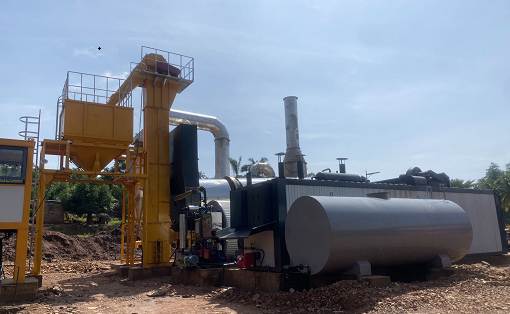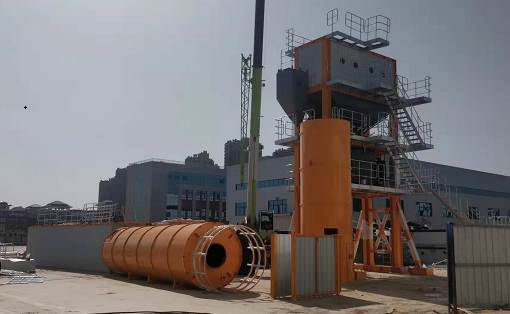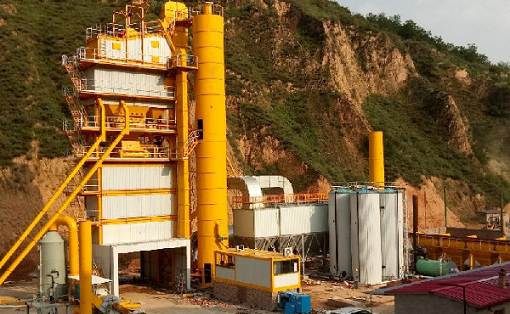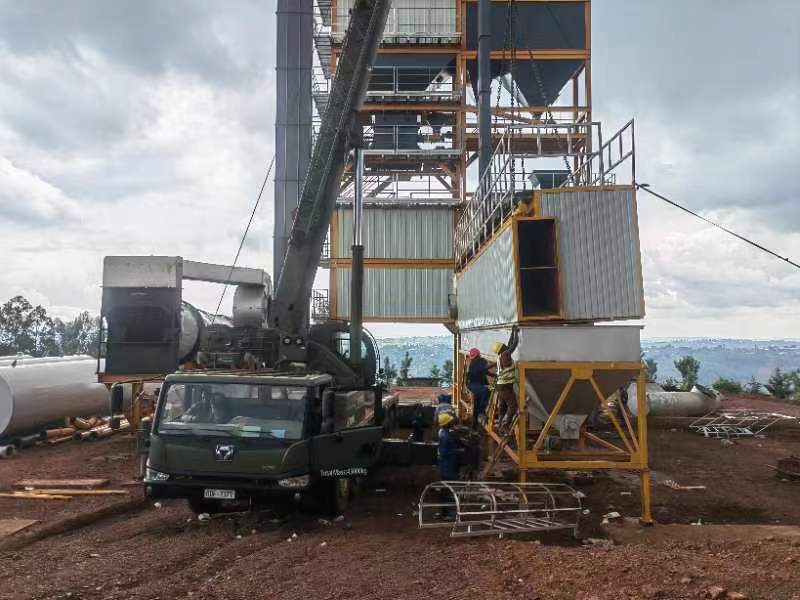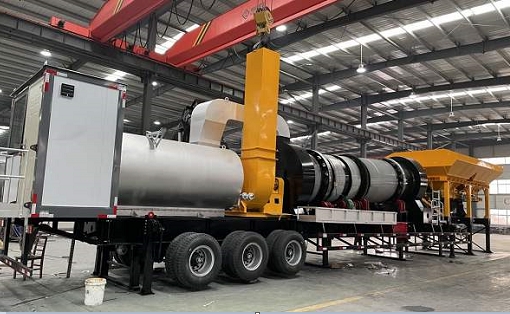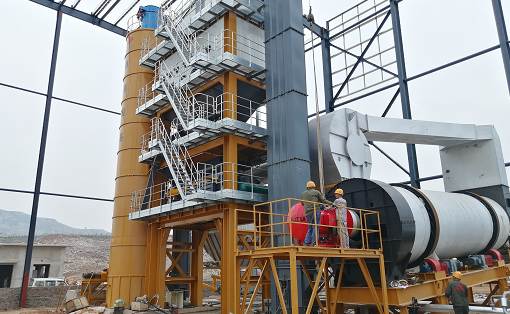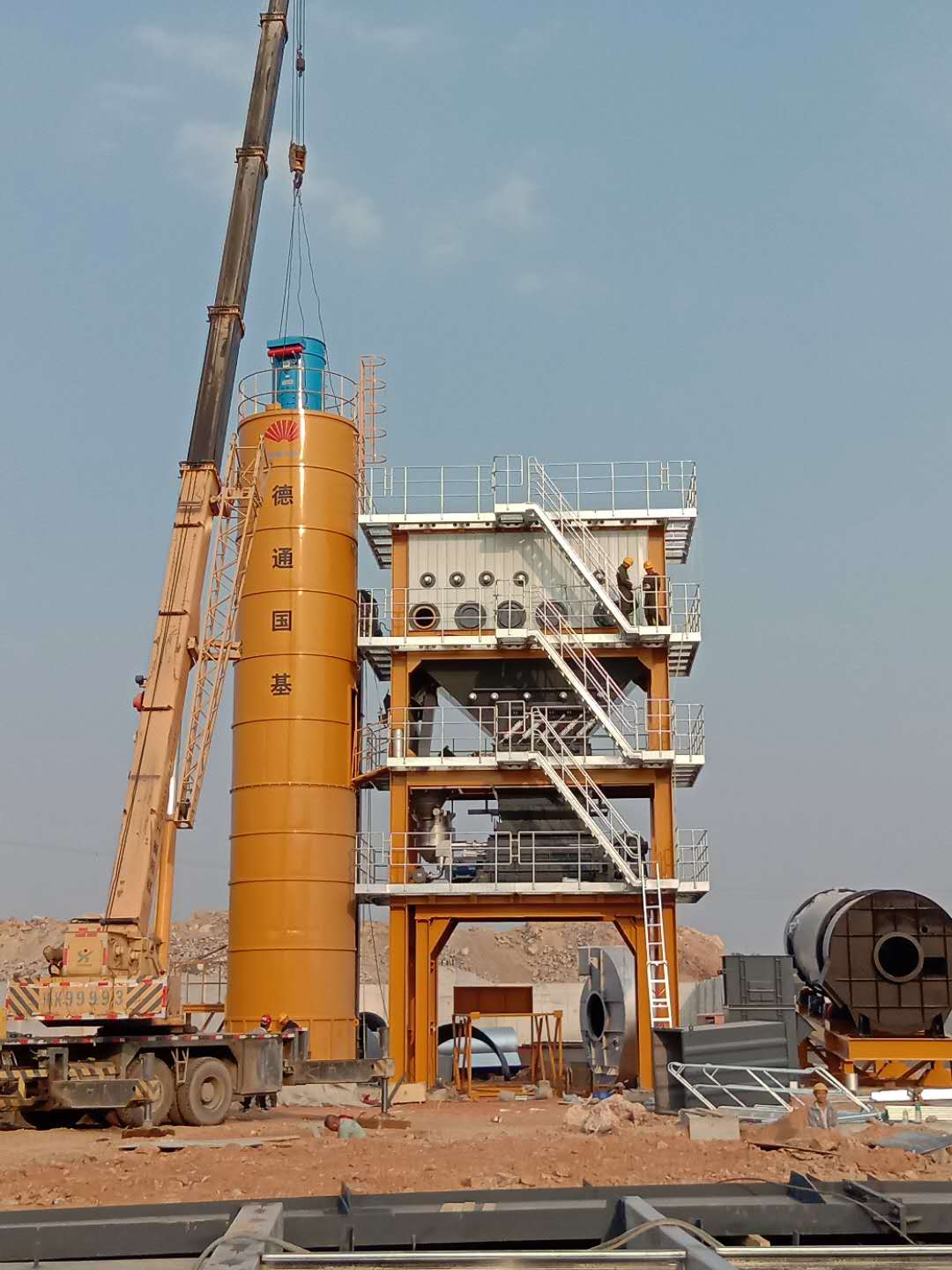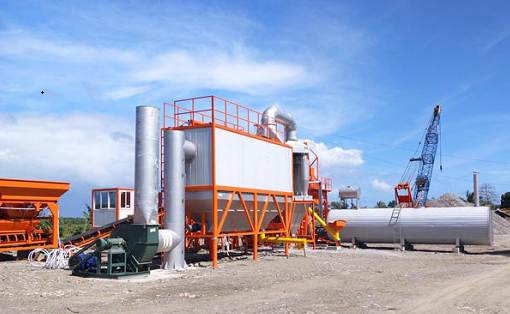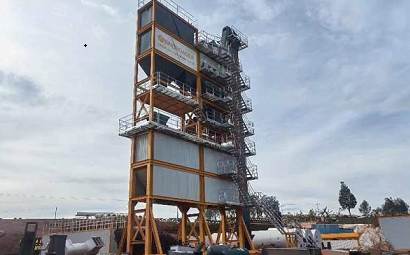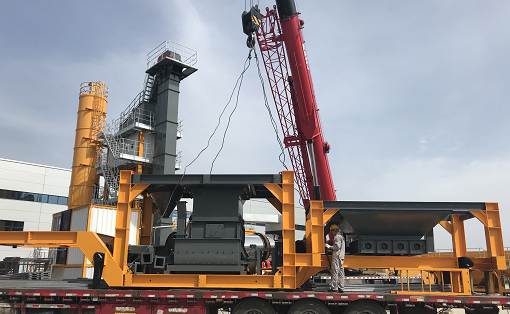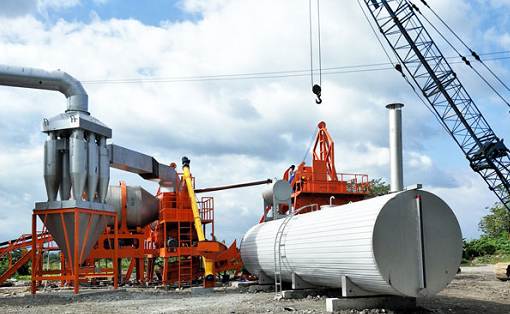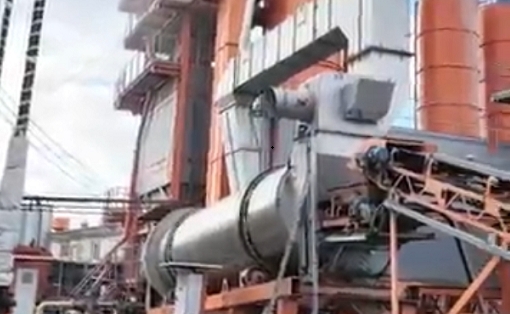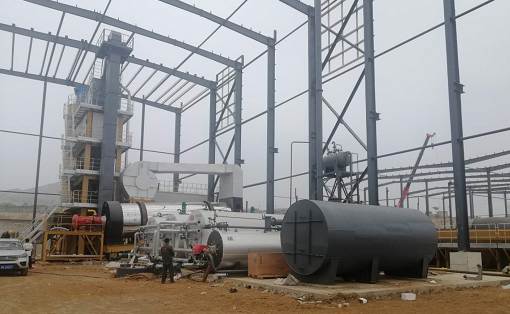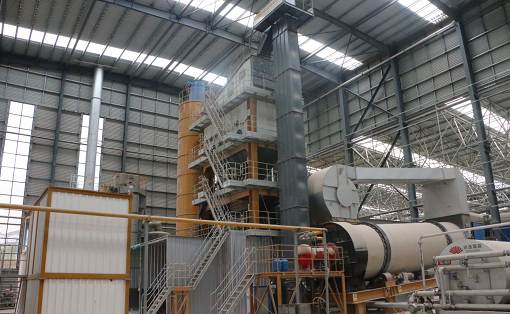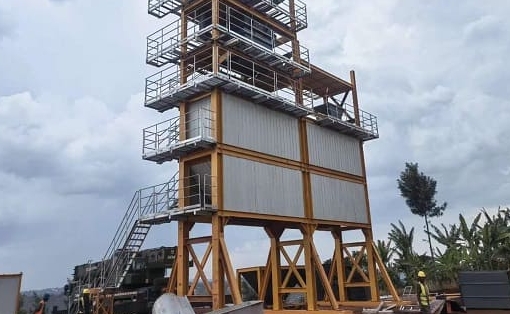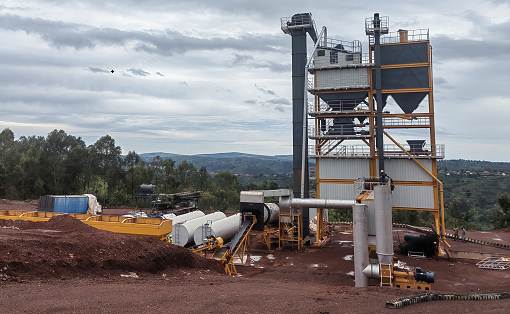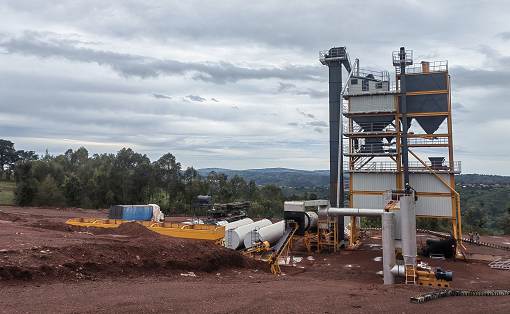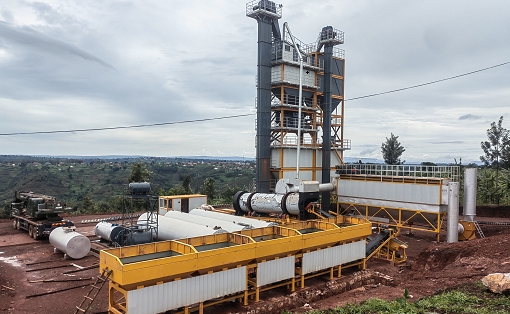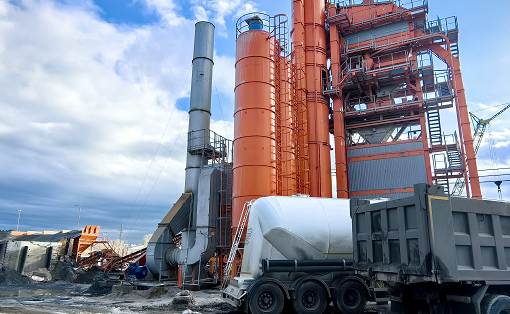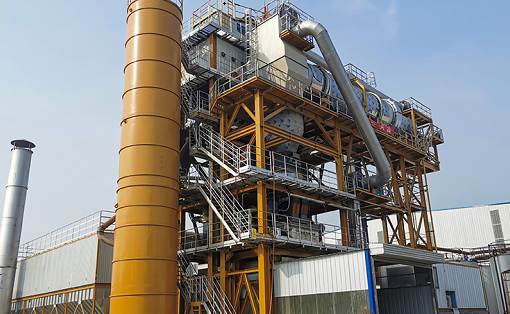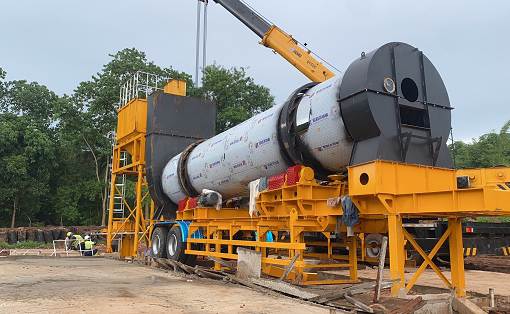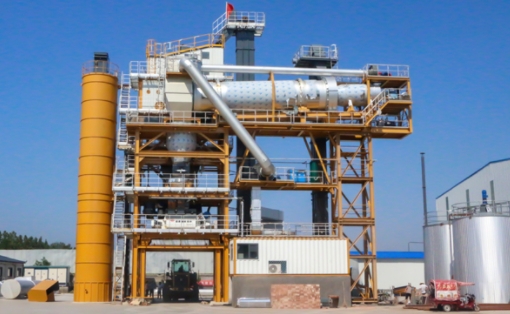Questions and answers about road construction machinery asphalt mixing plants
Road construction machinery is a large range, so let’s talk about one of it, which is the asphalt mixing plant. It is mainly used to produce asphalt, so it is very important among road construction machinery and equipment. An important part, if the quality of the finished product is not good, it will greatly affect the quality of the road. Therefore, below, the editor will use the form of question and answer to guide you to continue learning.
Road construction machinery is a large range, so let’s talk about one of it, which is the asphalt mixing plant. It is mainly used to produce asphalt, so it is very important among road construction machinery and equipment. An important part, if the quality of the finished product is not good, it will greatly affect the quality of the road. Therefore, below, the editor will use the form of question and answer to guide you to continue learning.
Question 1: Can petroleum asphalt be directly used in asphalt mixing plants?
This is completely possible, and it can be used as raw material to produce new asphalt products.
Question 2: Asphalt mixing plant and asphalt concrete mixing plant, is there any difference between them?
There is no difference between asphalt mixing plant and asphalt concrete mixing plant. They are the same, but the latter has a more professional name.
Question 3: In which area of the city are road construction machinery such as asphalt mixing stations generally located?
Road construction machinery such as asphalt mixing stations are generally located on the outskirts of cities, at least away from urban areas.

